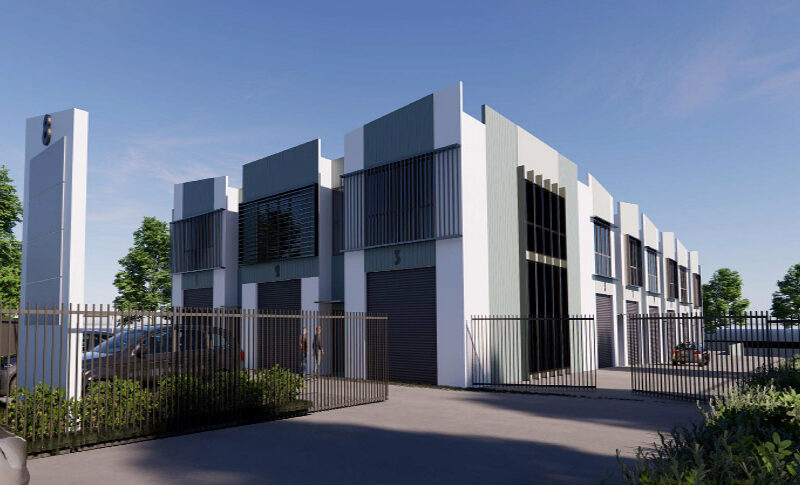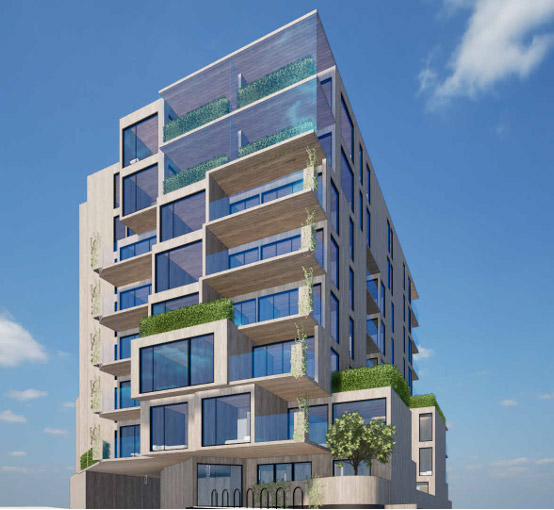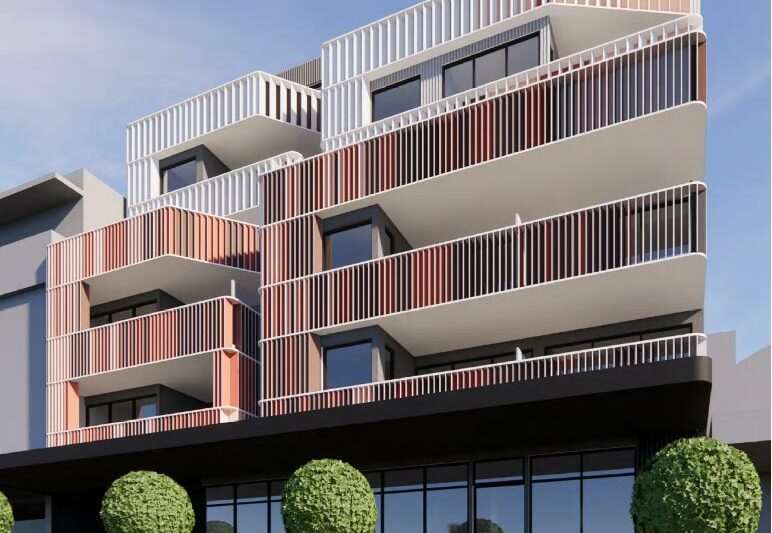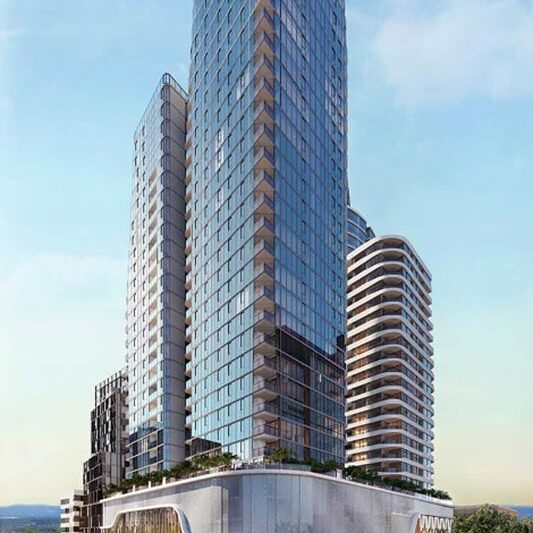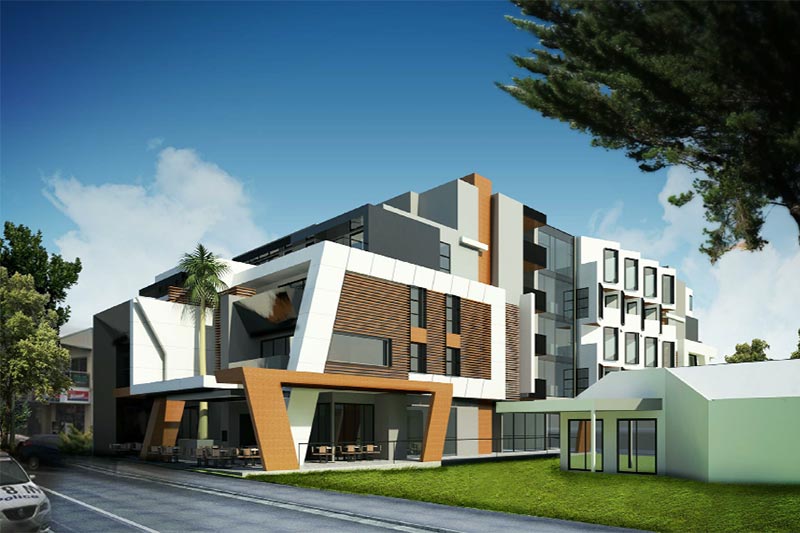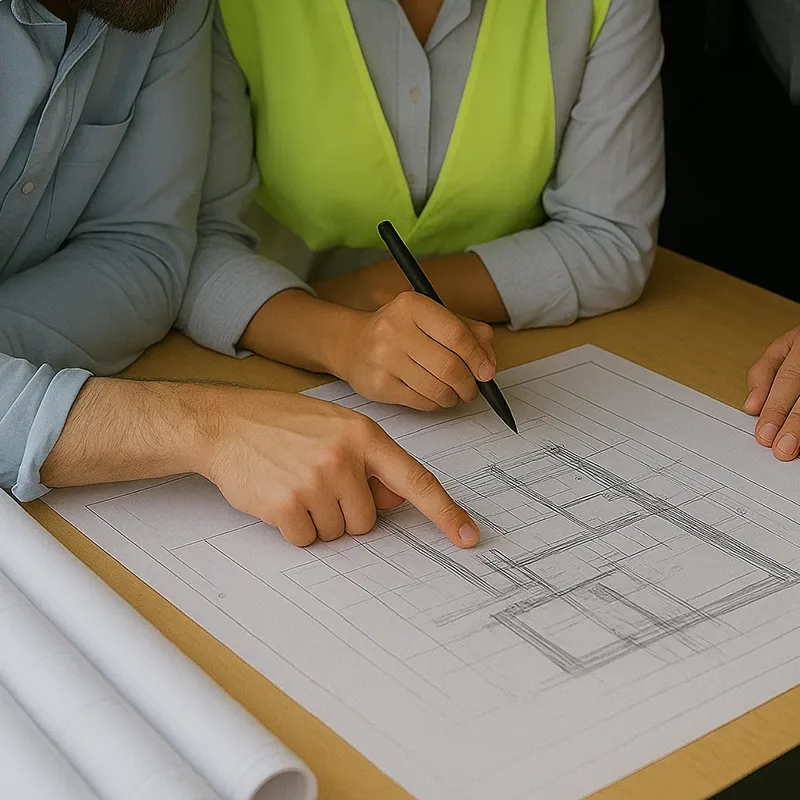
What is the Built Environment Sustainability Scorecard (or BESS reporting)?
The Built Environment Sustainability Scorecard (BESS) is an assessment tool used in the planning permit stage to evaluate a new building or alteration against established benchmarks.
Built and maintained by local governments, BESS is now used in more than 30 local councils across Victoria, assisting development applicants and local councils in achieving sustainable design outcomes for the community.
While BESS is typically used by planning permit applicants, any community member can use BESS to assess the design of their home and identify how to make it more sustainable.
Why a Built Environment Sustainability Scorecard (or BESS report) is required
Many local councils in Victoria require ecologically sustainable development (ESD) assessments at the planning permit stage of the development cycle.
BESS was implemented to help builders, architects and developers ensure that their development met sustainability requirements as part of their planning permit application.
The BESS report supplements an applicant’s sustainable design assessment (SDA) if they have a small-scale project, or a sustainability management plan (SMP) if they have a large-scale project.

What a Built Environment Sustainability Scorecard (or BESS report) includes
The BESS report has several key features:
- It can assess any size or type of building, including mixed-use developments
- It facilitates a consistent framework and assessment of sustainability at the planning stage
- It offers multiple options for demonstrating compliance
- It is location-neutral, ensuring that it is not biased for or against a development based on location
- Its standardised format streamlines the assessment process for local councils
Nine areas are evaluated within the BESS report:
Management
Make sure that the consultant tasked with creating your BESS report conducts thorough preliminary thermal modelling, particularly focusing on energy ratings for townhouses and apartment buildings, ensuring that energy compliance is met early.
Water
We need to achieve a minimum 50% by selecting efficient WEL’s rated fixtures and rainwater tanks
Water tanks are required for new developments, serving two purposes.
Underground assets are typically calculated based on the assumption of constructing one dwelling per site. Over time, as old homes are demolished and multiple dwellings are erected on each site, the strain on the existing main water supply intensifies. Rainwater tanks alleviate this strain by providing water for toilet flushing, garden irrigation, and laundry use.
Increased dwellings result in more rainwater connected to the system and more downpipes channelling water underground. Rainwater tanks collect and retain this water for reuse, only releasing it to the legal point of discharge once it exceeds capacity and reaches the overflow pipe.
Energy
We need to achieve a minimum 50% so it is important to carry out preliminary thermal modelling on all habitable spaces to ensure compliance can be achieved. The design stage is a fantastic opportunity to identity issues that may arise resulting in higher spec insulation and glazing, and rectifying early on.
Stormwater
Using the STORM calculator, we need to achieve a score of 100% by nominating Rainwater tanks, rain gardens, buffer strips or permeable paving to all hard surfaces that are connected to the stormwater system. Each council has their own preferences on how they want to meet compliance so it is best to partner up with a BESS consultant who has experience navigating these requirements.
Indoor Air Quality
We need to hit 50% in this section by nominating double glazing throughout, shading where appropriate and by ensuring the design has north facing living areas and good daylight access.
Transport
Ensure your architectural design has enough space for sustainable transport measures. At a minimum we will need a space for bikes and biking visitors if the development is large. Councils are now also requesting future proof EV charging and nominate car sharing schemes.
Waste
The builder will need to commit to recycling building waste appropriately, and large developments may need dedicate construction management plans which will help with bin/skip location
Urban Ecology
The more green, the more points. Ensure that the development has at least 35% of the vegetation area allocated.
Innovation
We usually reserve these for larger developments and have a few technologies we nominate to add additional points when required.
The minimum scores for mandatory categories (e.g. Energy, Water, Stormwater, IEQ) and an overall score of 50% are required to pass the BESS report.
Our Built Environment Sustainability Scorecard (or BESS report) process
Our online system covers the ESD requirements for local councils. We consistently update our data to ensure compliance with each local council’s requirements, depending on where your development is located. This is relevant given that the local council can always change their preferred sustainability initiatives, so we can comply with these updates with speed.
While applicants can complete the BESS report themselves, it can be challenging to identify what your local council prefers in terms of ESD documentation.
Because of our expertise and experience, we ensure that your first application is approved, instead of having to reapply several times due to lodgment of incorrect information or errors.
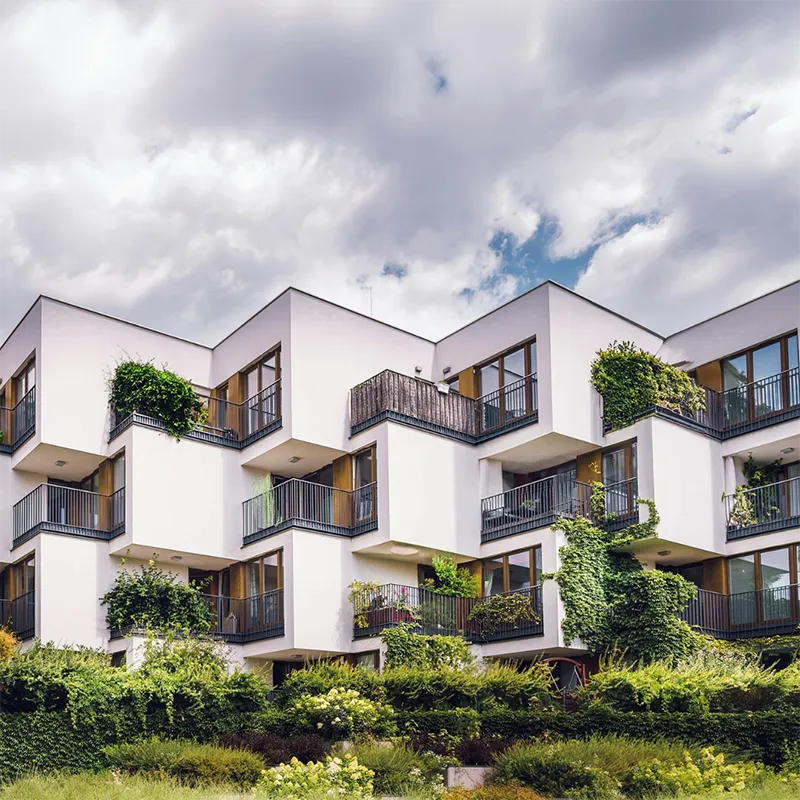
Costs of a Built Environment Sustainability Scorecard (or BESS report)
The cost of the overall assessment depends on the size and complexity of the development.
It typically ranges from $700 to $1,200, excluding GST. However, this can be higher when dealing with larger-scale projects when daylight assessments and commercial energy modelling is involved.
How we helped Projekt Evolve create their BESS report
Projekt Evolve, a boutique design firm based in Geelong, produces high quality residential and commercial developments within Geelong Council. As we understand Geelong Council’s strict ESD requirements, we are able to assist Projekt Evolve with timely BESS reports that are accepted by council with the first submission. We also offer guidance on what to put on the plans so that they can successfully navigate through council’s ESD policy.
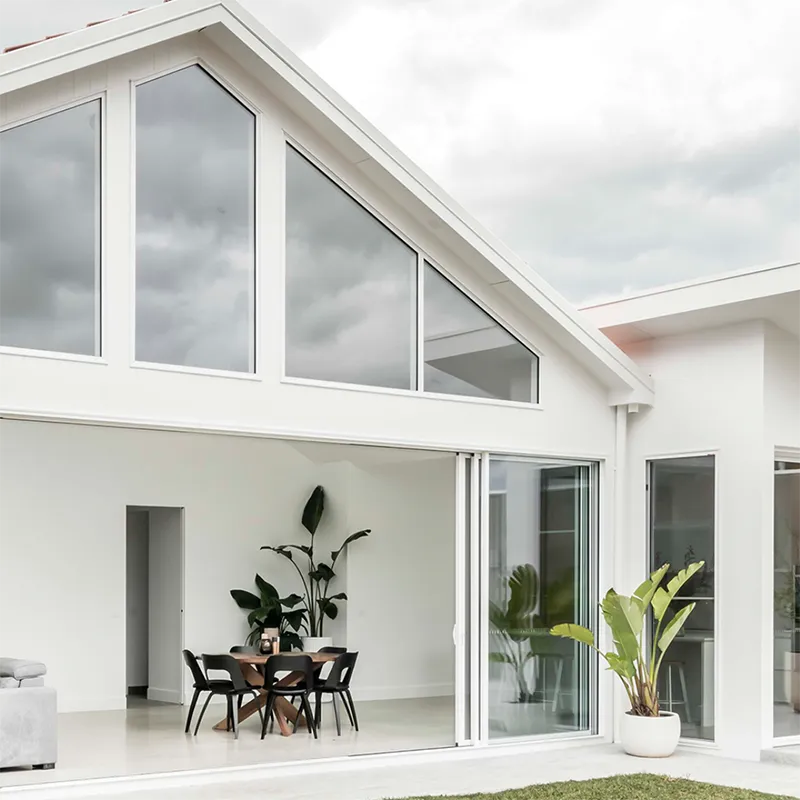

Our fast & efficient process
Getting a 6 Star Energy Rating does not need to be timely, confusing or expensive.
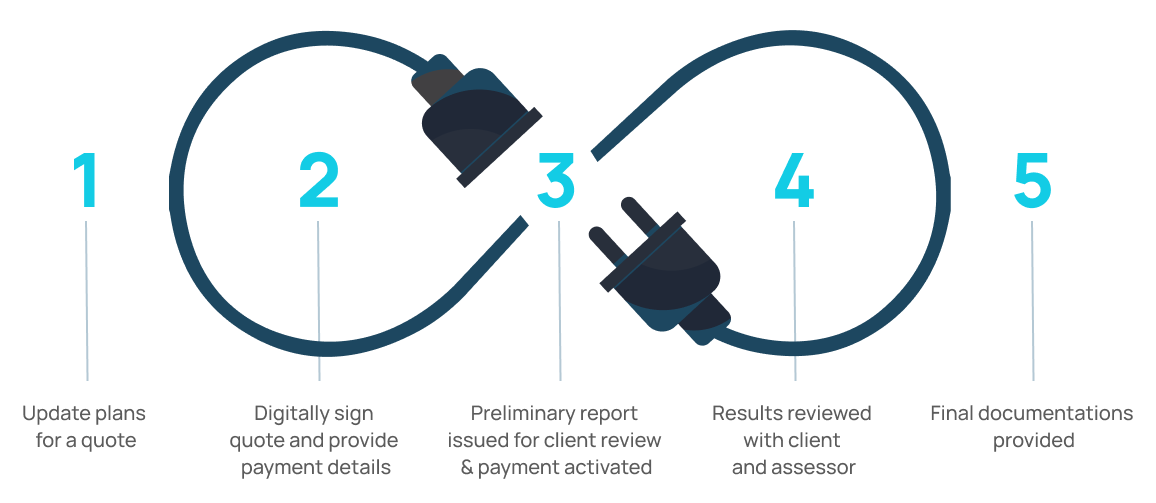
See our work
J1V3 Assessments: Flexible and Cost-Effective Solutions for Commercial Buildings
At the heart of our commercial building services is our expertise in preparing J1V3 assessments. These performance-based assessments offer greater flexibility than the standard Section…
Comprehensive ESD and Waste Management Solutions for Sustainable Living
For this residential development, we provided a range of Environmental Sustainable Design (ESD) services, including preliminary energy ratings, daylight modelling, and waste management planning. The…
Ensuring Year-Round Comfort and Natural Light with our Comprehensive ESD Services
For this residential apartment project, our team was engaged to provide a suite of Environmental Sustainable Design (ESD) services, including preliminary energy ratings and daylight…
Mastery in Large-Scale Sustainable Development
This ambitious project demonstrated that no job is too big for our team to handle. Comprising 540 apartments and eight levels dedicated to shopping, offices,…
Sustainable Mixed-Use Development Triumphs at VCAT
Our firm was commissioned to provide a suite of services for a complex mixed-use development comprising an apartment building, retail spaces, and a hotel. The…
